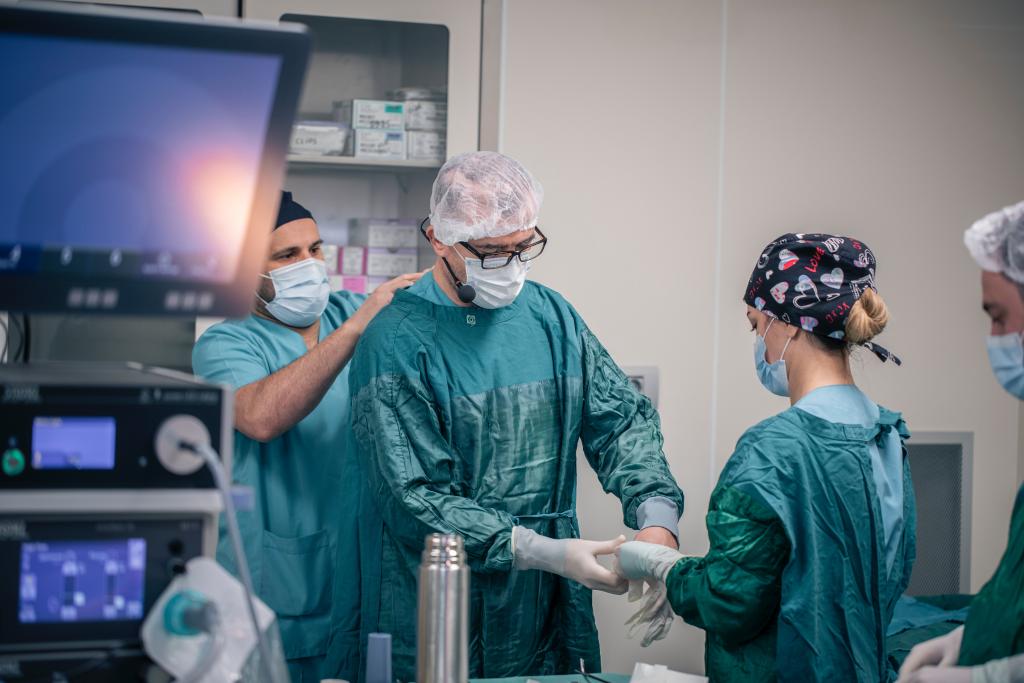
Perhaps the hardest task faced by judges is to decide what is in the best interests of those who lack the mental capacity to make that decision for themselves. In one such case, a judge authorised radical surgery on a mentally ill woman who steadfastly refused to undergo breast cancer treatment.
The middle-aged woman suffered from schizoaffective disorder. Following her cancer diagnosis, doctors advised her that a right-sided mastectomy offered her the best chance of survival. She did not believe that she had cancer, however, and was unwaveringly opposed to any form of treatment.
Given that impasse, the NHS trust that bore responsibility for her care argued that she lacked the capacity to make important decisions about her medical treatment. It sought a judicial declaration that undergoing the operation, including sedation and anaesthesia, would be in her best interests.
Ruling on the matter, the High Court noted that the woman’s presentation to doctors was calm and that she had expressed the strong view that her autonomy should be respected. On the other hand, she was prey to delusional beliefs that she was a victim of black magic or witchcraft. Suggestions that she had breast cancer were, she was convinced, all part of an official conspiracy.
The Court observed that, if she had decision-making capacity, her refusal to undergo surgery, even if unwise, had to be respected. However, there was overwhelming evidence that she lacked such capacity in that her ability to weigh up and use information was compromised by her delusional beliefs.
Turning to the question of where her best interests lay, the Court noted that carrying out the operation contrary to her express wishes was likely to feed her delusional beliefs and leave her convinced that surgery had been forced upon her. She would no doubt suffer distress and anxiety. However, the severe physical consequences of not undergoing the operation were also likely to harm her mental health.
In sanctioning the operation, the Court emphasised that it was not an easy decision given the nature of the surgery and her consistent opposition to it. She was, however, in otherwise good physical health and a mastectomy was likely to significantly increase her life expectancy. Her chance of a cure would be enhanced compared with her prospects of survival with no treatment at all.